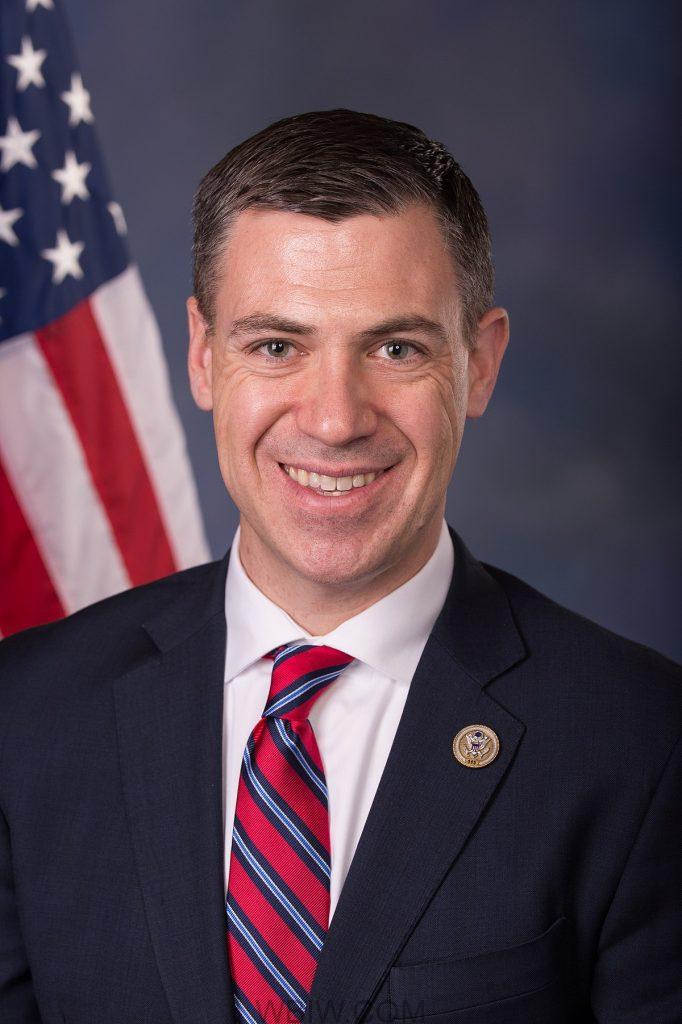
WASHINGTON — Today, Rep. Jim Banks introduced the Respectful Treatment of Unborn Remains Act, legislation to prohibit abortion providers from placing fetal remains or medical waste associated with an abortion into any device that connects to a public waterway.
The bill would disallow fetuses, embryos, and all materials used for abortions from being placed into toilets, sinks, disposals, or any other device that connects to a public waterway. Sadly, these practices are currently allowed in some states, creating a public health concern and adding to the inhumane treatment of abortion victims.

Said Rep. Banks, “Tossing unborn remains into our water systems is barbaric, and if the American public knew about it they would be disgusted and horrified. This brutal reality is made possible by even more brutal abortion laws. If Congressional Democrats get their way and legalize abortion until the moment of birth, nationwide, this far too common practice would become even more widespread. My commonsense bill would restore a small piece of dignity to the victims of abortion.”

Said Cathie Humbarger, Founder of Reprotection, Inc., “For many years we have documented reports from across the country about the atrocious ways abortionists dispose of the bodies of unborn babies. I am grateful to Congressman Banks for filing legislation today that will stop these practices. We grieve the loss of these children and the emotional and physical trauma their mothers often experience after their abortion. Until we can prevent these deaths, we must treat their bodies with respect just as we do the deceased bodies of every other human.”
Read the bill text HERE.
Background:
Medical disposal laws across numerous states allow abortion providers to dispose of fetal remains in public water systems via sink, toilets, bathtubs, and more.
In 2015, LiveAction found that in Detroit alone, nearly 45 abortion facilities routinely flushed baby parts into garbage disposals and out into the sewer system.
Some states allow abortion providers to grind fetal parts in an augur, along with medical waste, and dispose of the remains in ways that ensure they end up in our sewers. These remains can then end up in water treatment plants before re-entering our homes. These practices are detrimental to the dignity of the unborn and public cleanliness.



